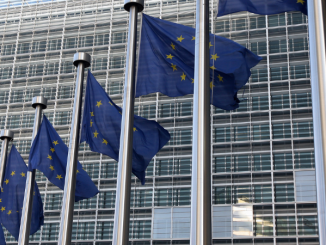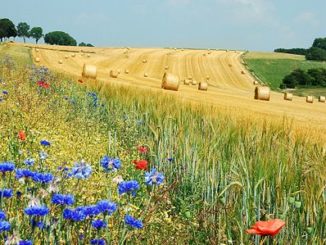On 16th and 17th April, two committees in the French National Assembly – the European Affairs Committee and the Economic Affairs Committee – adopted a resolution on the CAP reform towards 2020, in addition to an information report.

The resolution highlights the importance of a fairer and a greener CAP. French members of the National Assembly back the orientations towards greening and a better distribution of subsidies among farmers. However they regret the lack of ambition of market management measures and the lack of funding for the rural development policy (Pillar 2).
The first resolution asks for efficient spending towards greater equity and sustainability, even if the agricultural expenditure is lower. Secondly, MEPs call for an employment-oriented CAP and market management measures. Thirdly, they suggest that CAP instruments play a role in boosting proteins crops in the EU.
French MEPs back the proposal of Agricultural Minister, Le Foll, to add a redistributive payment up to 50 hectares in order to support employment of small and medium size farmholdings, including the possibility to have an extra top-up for the first hectares below the average.
Moreover, they propose that capping should be set at €200, 000 and that degressivity should start from €100,000. They advocate in favour of an inter-annual management of subsidies (contracyclical payments according to market prices). They also demand coupled payments till 20% of direct payments.
In terms of the greening package, they back 10% of land for ecological focus areas instead of the 7% proposed by the European Commission, the 5% by the Council (and the 3% by the Parliament in the first year).
On Pillar 2, MEPs consider it relevant to earmark at least 25% for actions in favour of climate and environment. Pillar 2 measures should be better targeted towards short supply chains, research and innovation support, small-scale farming and sustainable and diversified farming systems.
This resolution reflects an interesting compromise between Socialist, Green, Communist and Conservative MEPs, whose proposals are often influenced by their local constituency context regarding farming issues, i.e. livestock future in less-favoured areas.
The French National Assembly has little space to influence the ongoing EU negotiations. However, the CAP reform implementation could be an opportunity for MEPs to take hold of the issue – thanks to a farm bill scheduled next autumn – that is traditionally led by the agricultural ministry and recently by regional authorities for Pillar 2.





